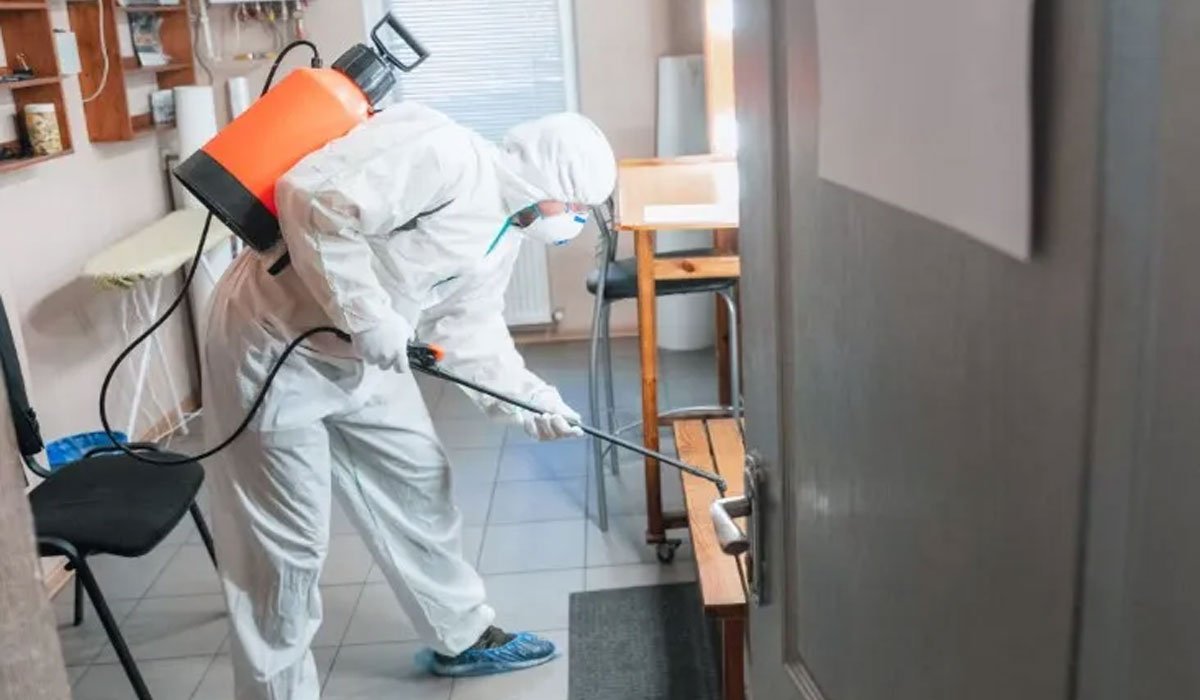Mosquito bites can be more than just an annoyance—they can transmit deadly diseases like malaria, dengue fever, and the Zika virus. These tiny pests have an uncanny ability to seek out and target their hosts, leaving us itching and scratching in their wake.
In this article, we’ll explore the fascinating factors that attract mosquitoes to bite. We’ll delve into their keen senses, the biological cues that draw them in, and the environmental conditions that encourage their blood-seeking behaviour.
KEY TAKEAWAYS
- Mosquitoes are attracted to a combination of carbon dioxide, body heat, moisture, and specific chemical compounds our bodies produce.
- Individual factors like genetics, blood type, and pregnancy can make some people more appealing to mosquitoes than others.
- Mosquitoes are most active during dawn and dusk and thrive in hot, humid conditions with standing water nearby.
- Using repellents, wearing protective clothing, and eliminating breeding grounds can help prevent mosquito bites.
The Mosquito’s Sense of Smell
Mosquitoes have an incredible sense of smell that puts bloodhounds to shame. They rely heavily on their olfactory abilities to locate potential hosts. Their antennae have receptors that can detect the carbon dioxide we exhale from up to 100 feet away. This is one of the primary cues mosquitoes use to zero in on their targets.
But it’s not just carbon dioxide that attracts these pesky insects. Our bodies release many other odours that can act as virtual neon signs for mosquitoes. Lactic acid, octanol, and other chemical compounds produced by our skin and sweat can all signal a potential meal. Some studies suggest mosquitoes are even attracted to the distinct scents of certain blood types and metabolic byproducts.
Body Heat and Moisture
Mosquitoes are also drawn to warm-blooded hosts like humans and other mammals. They can detect the infrared radiation emitted by our bodies, which helps them navigate towards potential targets. This is why mosquitoes often seem to home in on the warmest areas of our bodies, like our faces and ankles.
Moisture is another factor that attracts mosquitoes. They’re particularly fond of sweaty skin, as the combination of heat and moisture is irresistible. This is one of the reasons why mosquitoes tend to be more active during hot, humid weather when we’re more likely to be sweating.
Movement and Visual Cues
While mosquitoes rely primarily on their sense of smell and heat detection, they’re also sensitive to visual cues. Movement and contrast can catch their attention, so they often seem drawn to dark clothing or silhouettes against a lighter background.
Interestingly, mosquitoes use their vision to locate hosts and navigate and avoid obstacles. Their compound eyes are well-suited for detecting movement and changes in light intensity, which can help them find their way to potential blood meals.
Individual Differences
Have you ever noticed that some people seem to be mosquito magnets while others can go virtually unbothered? Several factors can make certain individuals more attractive to mosquitoes than others. Genetics plays a role, with some people naturally producing more attractive compounds mosquitoes seek out.
Blood type and metabolic rate can also influence a person’s appeal to mosquitoes. Pregnant women, for example, are often more susceptible to mosquito bites due to their elevated body temperature and increased production of certain chemicals. Even something as simple as the type of soap or lotion you use can make you more or less appealing to these pests.
Time of Day and Environmental Factors
Mosquitoes likewise tend to be most active during the dawn and dusk when the temperature and humidity levels are more favourable for their activities. This is why taking extra precautions against mosquito bites is often recommended during these times of day.
Environmental factors like temperature, humidity, and wind can also influence mosquito behaviour. Hot, humid conditions are ideal for mosquitoes, while strong winds can disrupt their ability to detect hosts. Additionally, standing water and other breeding grounds can attract mosquitoes to certain areas, making you more likely to encounter them.
Preventing Mosquito Bites
While mosquitoes may be attracted to us for a variety of reasons, there are steps we can take to protect ourselves from their bites. Using insect repellents containing DEET, picaridin, or other effective ingredients can help mask the cues that mosquitoes use to locate hosts, providing a reliable mosquito treatment option.
Wearing protective clothing, such as long-sleeved shirts and pants, can also protect against mosquito bites. It’s also a good idea to avoid being outside during peak mosquito hours, especially in areas with standing water or other breeding grounds. Of course, eliminating any sources of standing water around your home can help reduce the mosquito population in your immediate vicinity.
In a Nutshell
Understanding the intricate factors that attract mosquitoes to bite is not only fascinating from a scientific perspective but also crucial for developing effective prevention and protection strategies. By recognizing the cues that these tenacious pests rely on, we can better arm ourselves against their annoying and potentially dangerous bites. So, the next time you find yourself swatting away a persistent mosquito, remember the complex dance of senses and biological signals that led it to you in the first place.
















